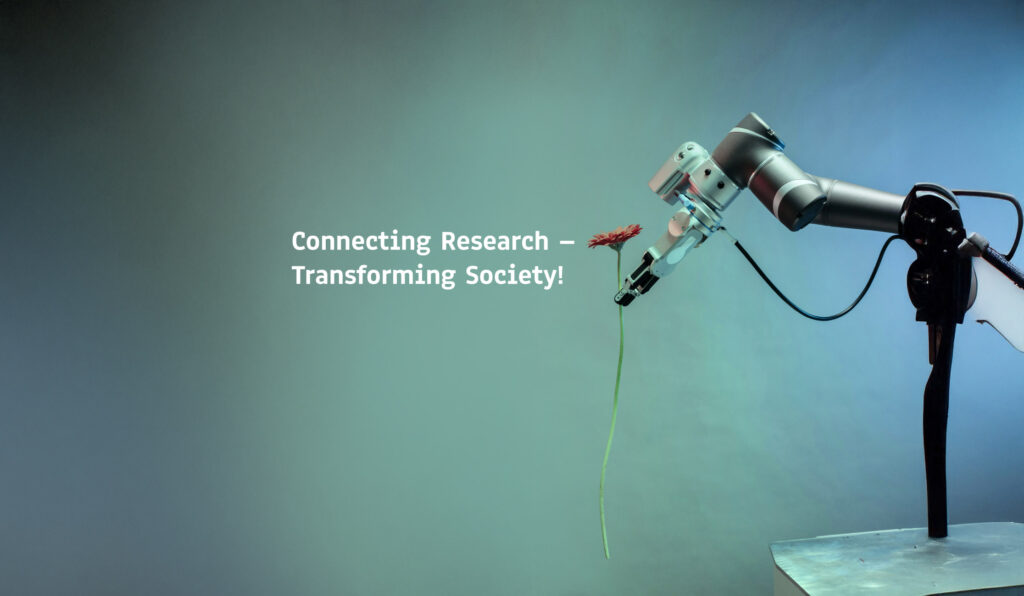The Association of Research and Technology Organisations (RTO Lithuania) is pleased to announce the selection of three collaborative research projects under the 2025 Pilot Research Projects call. The initiative, launched by the Center for Physical Sciences and Technology (FTMC), Lithuanian Research Center for Agriculture and Forestry (LAMMC), and Lithuanian Energy Institute (LEI), aims to foster innovative inter-institutional research addressing key national and societal challenges.
All three selected projects focus on environmental technologies and will receive funding of €30,000 each, with €10,000 allocated to each participating research group. The projects were evaluated based on research novelty, relevance, feasibility, and potential for future development.
BACTOALGRO: Enhancing Bacteria-Algae Interactions for Plant Growth
The highest-scoring project focuses on investigating how electroporation and plasma-activated water can enhance bacterial-algal consortia to promote plant growth naturally. This innovative approach aims to develop sustainable alternatives to synthetic fertilizers by optimizing microbial traits that support plant health and nutrient uptake.
The research will be led by Dr. Shervin Hadian (LAMMC), Dr. Voitech Stankevič (FTMC), and Dr. Mindaugas Milieška (LEI), combining expertise in microbiology, plant physiology, and advanced microbial enhancement technologies.
BAGEO-HM: Biofuel Ash Geopolymers for Water Treatment
The second-ranked project addresses two environmental challenges simultaneously: reducing biofuel ash waste and removing heavy metals from wastewater. The research team will synthesize geopolymers from biofuel ash and evaluate their capacity to remove zinc and copper ions from simulated wastewater.
The project will be conducted under the leadership of Dr. Kristina Bunevičienė (LAMMC), Dr. Sandra Stanionytė (FTMC), and Dr. Šarūnas Varnagiris (LEI), combining analytical, structural, and materials science expertise.
PLASTRO: Modeling Microplastic Transport in Plants
The third selected project takes an innovative approach to microplastic research by creating a model to analyze how secondary microplastics from textile fibers migrate through plant vascular systems. Using microfluidic technology, the researchers will develop a plant vessel system model to observe and analyze microplastic movement.
This interdisciplinary research will be led by Dr. Gintarė Šidlauskaitė (LAMMC), Dr. Justas Šereika (LEI), and Dr. Julija Pupeikė (FTMC), bringing together expertise in plant physiology, fluid dynamics, and materials analysis.
All three projects demonstrate the value of collaborative, interdisciplinary research in addressing pressing environmental challenges. The research is expected to produce high-impact scientific publications and potentially lead to patent applications or larger-scale national and international research projects.
The projects will commence in May 2025 and run for 12 months, with results expected to contribute significantly to sustainable agricultural practices, waste management solutions, and understanding of microplastic pollution in the food chain.


